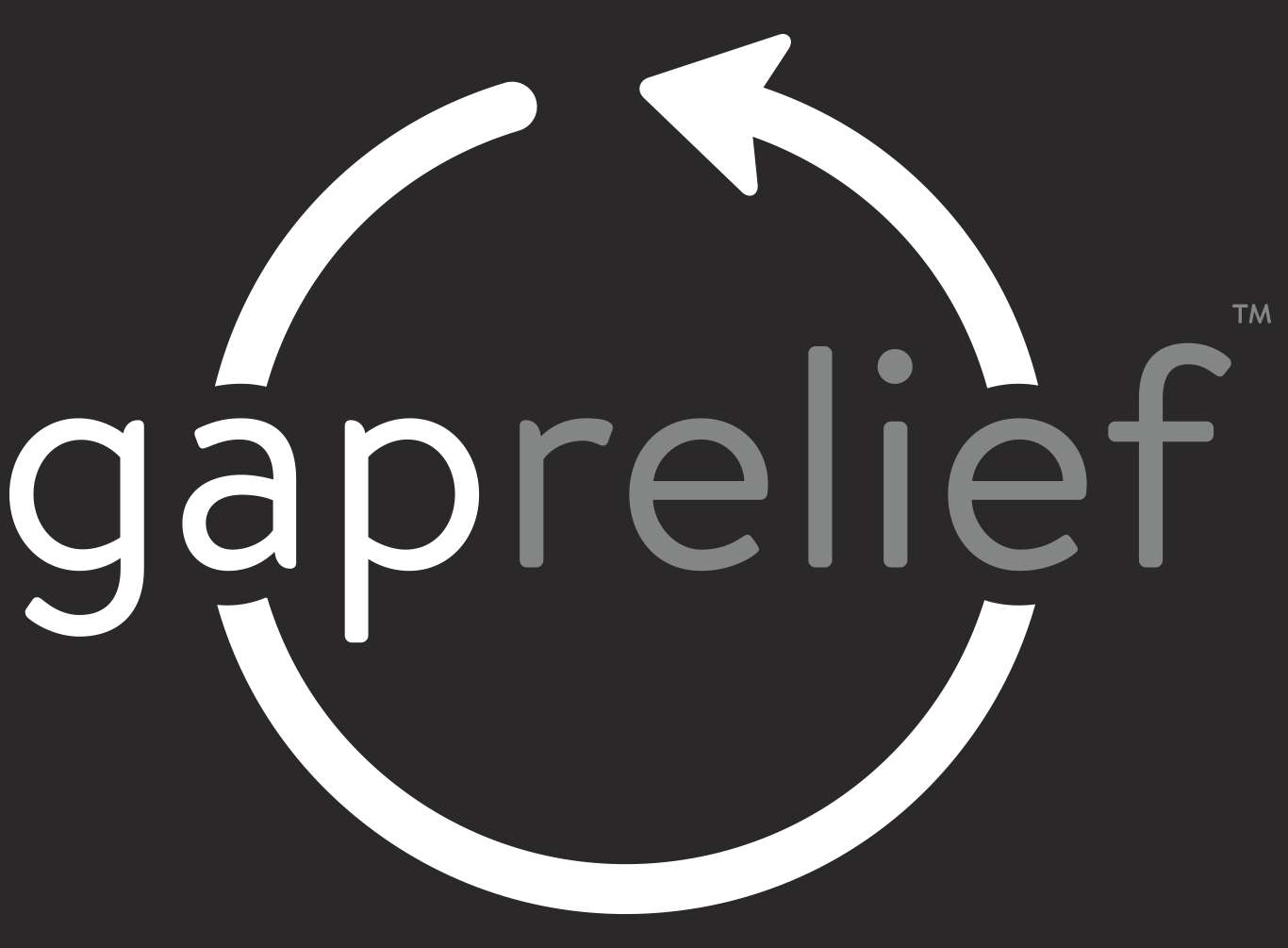Teen Counseling, Trauma, and Mental Health
As people who have all been teenages once upon a time, many of us are still curious about this unique age range. Teenagers are simultaneously independent and dependent—smart enough to have good ideas and interesting takes on issues, but young enough to not always have the wisdom to follow through with them. They have big feelings and emotional needs, along with the awareness to notice when those aren’t met. They are complicated, amazing, fun, infuriating, and insightful—and the therapists that have a big heart for teenages are absolute gold.
Teenage years are such an exciting and confusing time. There is excitement around having more independence and exploring new interests, but this is often met with identity confusion, relationship strain, and a host of worldly pressures. As teenagers become more exposed to hard things in their world, they may not yet have the tools to understand how they are being impacted by the world around them.
One important thing to notice when in connection to teenagers is their expression (or lack of expression) of emotions. Emotions are part of the way we communicate things that are important to us. Teens may become "louder" as they try to communicate something that is important to them. They may become passionate about a specific cause or angry when there is a limit put on their independence. Or they could become "quieter", which could indicate they are internally holding their sadness and anxiety, or could also indicate the fact that they simply don't have a way to communicate their feelings yet.
One of Gap Relief’s teen-focused counselors states that she doesn’t like labeling teenagers as dramatic, moody, or immature just because their emotional expression is different than an adult's. She laments that “Honestly, adults have usually just found a way to mask or deal with their emotions in a way that is more acceptable in society. That doesn't mean it is necessarily the healthiest.” Teenagers are at a precious and unique time in life where their emotional development can be valued, cared for, and equipped, rather than dismissed as "just a teenager thing". Dismissing how teenagers are emotionally impacted means missing a vital part of what is important to them and who they are becoming.
Going towards teenagers with therapeutic services often looks different than when working with adults. Spending time developing the therapeutic relationship with teens is imperative when working with them. Adults more often come in with goals in mind and may jump right into deep therapeutic work, while teenagers usually require more time to feel safe and comfortable with their counselor. Therapy sessions typically include more time learning about the teen's interests, activities, and friend groups because those things are important to them, help them feel known, and have a significant impact on them. A good conversation about anime, video games, or social drama can go a long way.
Teenagers experience trauma just as kids and adults do. However, the impact of trauma often presents differently for teens, which can cause stress on parents and caregivers less attuned to the way teenagers process these things. Trauma occurs when we are stuck in experiences where we feel powerless, unsafe, or helpless in a way that overrides our ability to cope. We are unable to leave the experience, fight back, or be heard in a way that is believed or receives the help we need. Teens may experience forms of trauma that are hard for adults to understand because they may differ from their experience as teenagers. However, when a teen shares his/her story, it is important to believe his or her experience and seek to understand how and why the impact has been so significant… even if the impact feels different than what you would anticipate. In fact, dismissing the teen’s story may do more damage. Trauma impact can be significantly lessened or increased depending on the resources and connections an individual has available at the time of impact—and if a teen is sharing his/her story with you, you have the opportunity to help mitigate this impact!
Attachment Theory describes the importance of a "felt sense" of safety and the ability for someone to return to a "safe haven" after being exposed to something new and scary. If someone experiences something traumatic and they do not have a safe place to go for recovery and safe human connection, longer-lasting impacts such as anxiety and depression may increase. For teens, their "safe havens" often change and become cloudy or even compromised over periods of time. For example, friend groups may begin to feel more safe than family because friends understand the pressures of school social status more than parents do. Or maybe friend groups become compromised and there are hard things going on at home, so they can only find a sense of calm and safety by escaping into a fantasy world in their books or video games. When teens have a place to go where they experience connection and safety, their painful experiences can be met with care, compassion, and support. The alternative is being stuck in a felt sense of powerlessness and helplessness, which increases the likelihood of any difficult symptoms lasting into adulthood.
When working with teens, seeking to understand the true joys and struggles of their current world is so important to building connections that lead to felt safety. One of our teen-focused counselors encourages us to remember that “The impacts of an experience will not be easily resolved by logic. Logic can provide a framework for understanding, but true safety needs to be felt. How are you helping your teen feel safe- safe to confess, safe to hurt, safe to be angry, safe to ask for help? Or what is blocking that feeling of safety?”
It is helpful when parents and/or caregivers can show genuine interest in what their teen is learning as a way to support and know their child more, but it is also important for parents/caregivers to allow teens to share at their own pace. Parents can provide space to hear what their teen is processing and learning in counseling, but be careful not to pressure them or give a timeline for healing and growth.
Working with teens is a special and unique capability and it is so incredibly needed in the world of trauma care. Teenagers experience the world around them deeply, and when they are standing in trauma either because of their circumstances, their choice, or their family’s occupation or choices, their own trauma care is absolutely necessary to walk toward healing and wholeness into adulthood. When teens are shy and closed-off, our counselors get excited about the challenge of getting a teenager to open up because they get to show them that they are worth their time and effort in whatever capacity they need to show up. If they have a guard up, it's for a reason. Valuing their protective behaviors is the beginning of showing value to the more vulnerable things they are protecting.

